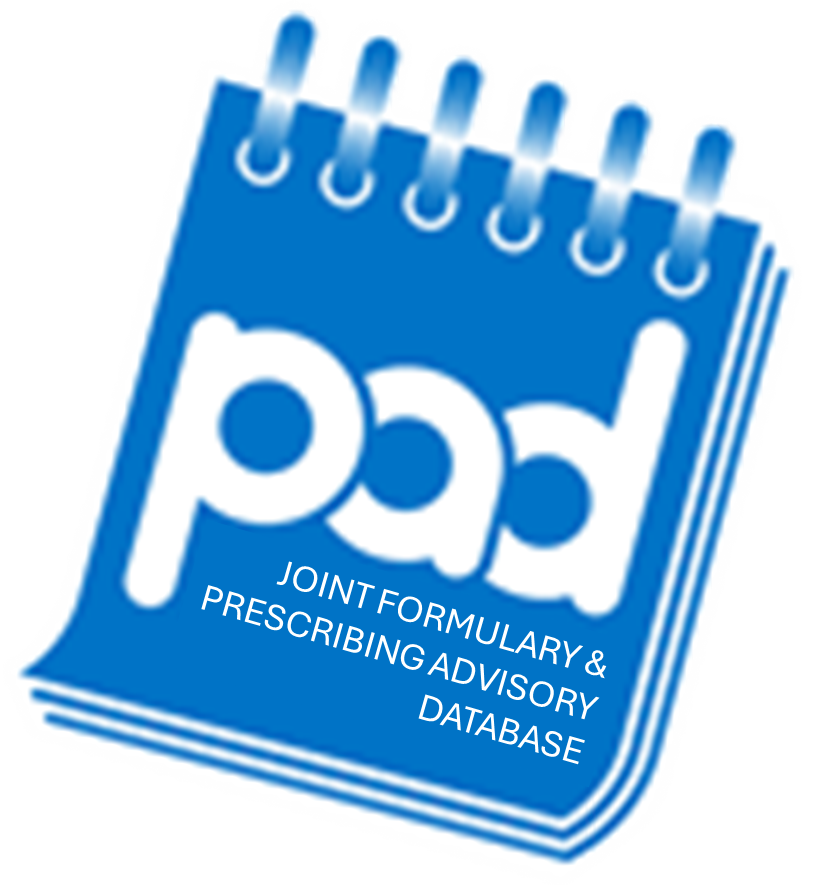
Edoxaban - Atrial fibrillation
You are here : Home > Formulary Search > Edoxaban - Atrial fibrillation
Status 1
- Tablets
Documentation
PAD Profile
Committee Recommendations (5)
The Surrey Heartlands Integrated Care System Area Prescribing Committee agreed the updated Surrey Heartlands Oral Anticoagulant selection tool in Atrial Fibrillation.
Apixaban is now the recommended 1st-line DOAC in accordance with the updated NHSE Commissioning Recommendations.
Apixaban is available generically and is the most cost-effective DOAC.
Refer to the Oral Anticoagulation Selection Tool for full guidance.
The Surrey Heartlands ICS Area Prescribing Committee have agreed the use of an ORBIT-bleed risk scoring tool when considering or reviewing anticoagulant treatment in Atrial Fibrillation (AF).
The Surrey & North West Sussex Area Prescribing Committee have agreed the updated guidance on calculating creatinine clearance for DOACs.
A clinical trial has shown an increased risk of recurrent thrombotic events associated with rivaroxaban compared with warfarin, in patients with antiphospholipid syndrome and a history of thrombosis. Other direct-acting oral anticoagulants (DOACs) may be associated with a similarly increased risk.
Please see Thrombosis risk safety alert information below
The September APC also agreed the use of a DOAC patient information leaflet and a counselling checklist for use by healthcare professionals when patients commence DOAC therapy - see documents below
The cards are available for practices to order through usual NHS stationery supply routes.
See an example of the Anticoagulant Alert Card in the document below
Other Indications
Below are listed other indications that Edoxaban is used to treat.
Other Drugs
Below are listed other drugs that are used to treat Atrial fibrillation.
